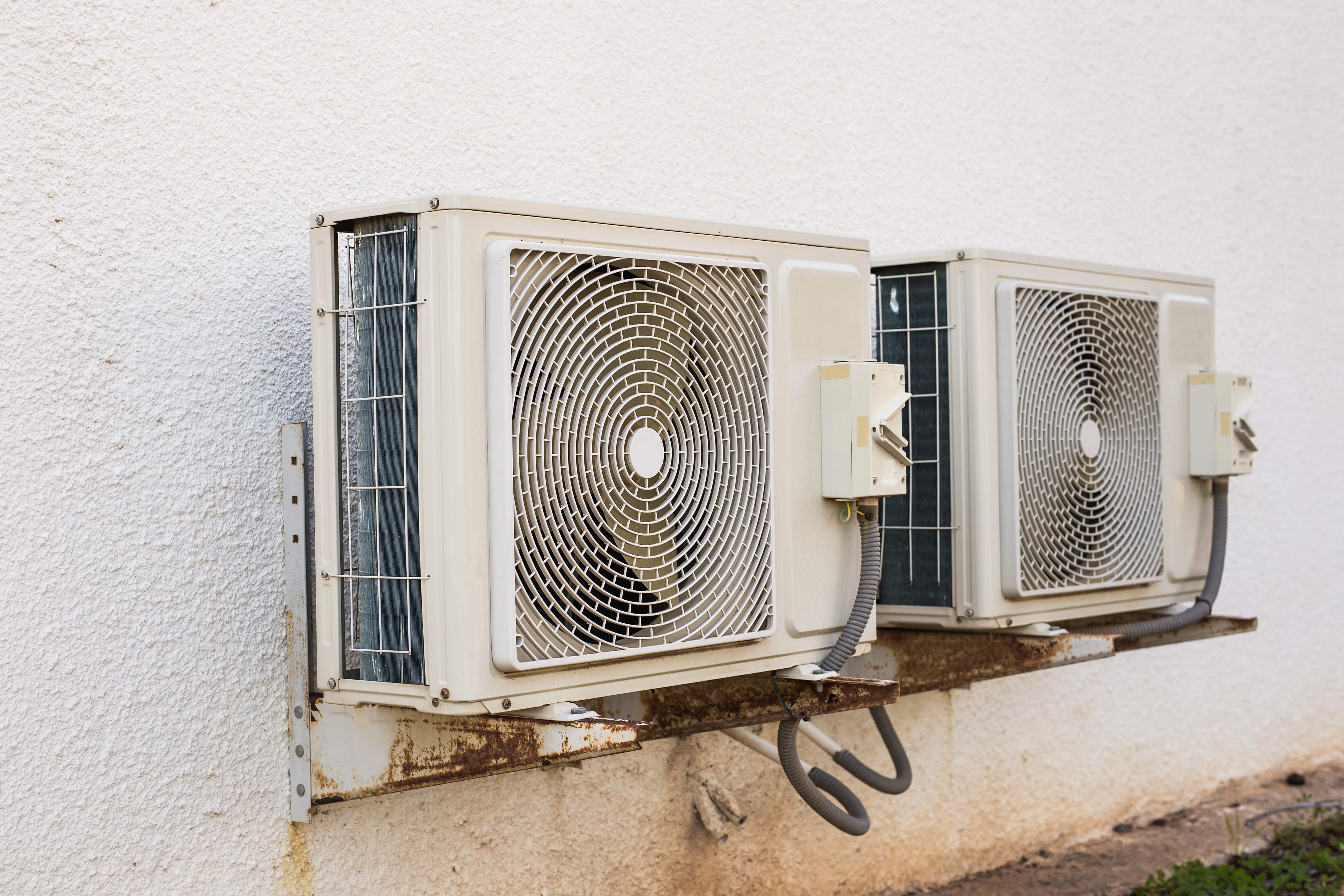The environmental association Zero today called for an “ambitious European agreement” on fluorinated gases (F-gases), powerful greenhouse gases that are used in refrigeration and air conditioning, considering it “vital to speed up” the end of their use.
The request is expressed in a statement on the date that marks the International Day for the Preservation of the Ozone Layer, under the theme “Montreal Protocol: repairing the ozone layer and reducing climate change”.
Although “friendly” to the ozone, F-gases are powerful greenhouse gases, responsible for warming the planet, and are used in refrigeration, air conditioning, heat pumps, fire protection, aerosols and foams.
In 2022, Zero – Sustainable Earth System Association had already considered the European Commission’s proposal (which will be negotiated with the European Parliament and the European Council) to update the 2014 F-gases regulation “unambitious”.
According to the European Commission (EC), the proposal meets the targets of reducing polluting emissions by at least 55% by 2030 and achieving carbon neutrality by 2050.
The text proposes a 98% reduction in the amount of hydrofluorocarbons (a type of fluorinated gas) on the market by 2050 and new restrictions on the use of F-gases in equipment, according to the EC.
In the European Union (EU), F-gases account for 2.5% of greenhouse gas emissions.
Today, in a statement, Zero argues that “an ambitious European agreement on F-gases is an urgent and unavoidable opportunity to safeguard the climate agenda”, highlighting that Portugal “is one of the EU countries with the worst performance in the collection and treatment of end-of-life equipment containing these gases”.
For the environmental association, “it is vital to speed up the elimination of fluorinated gases” in applications where this is possible in the short term through “strict bans”, for example in foams, domestic and commercial refrigeration, monobloc heat pumps and medium-voltage switches.
Zero also advocates “early bans” on gases with a Global Warming Potential (GWP) of more than 150, exemplifying that high-voltage switches, which mainly use sulphur hexafluoride, with “a fearsome GWP of 22,200”, “can and should be covered in the revision” of the European regulation on F-gases.
The environmental association’s statement points out that there is already “an alternative market” to F-gases based on “natural refrigerants”, which have “practically zero GWP and no adverse implications for the environment”.

